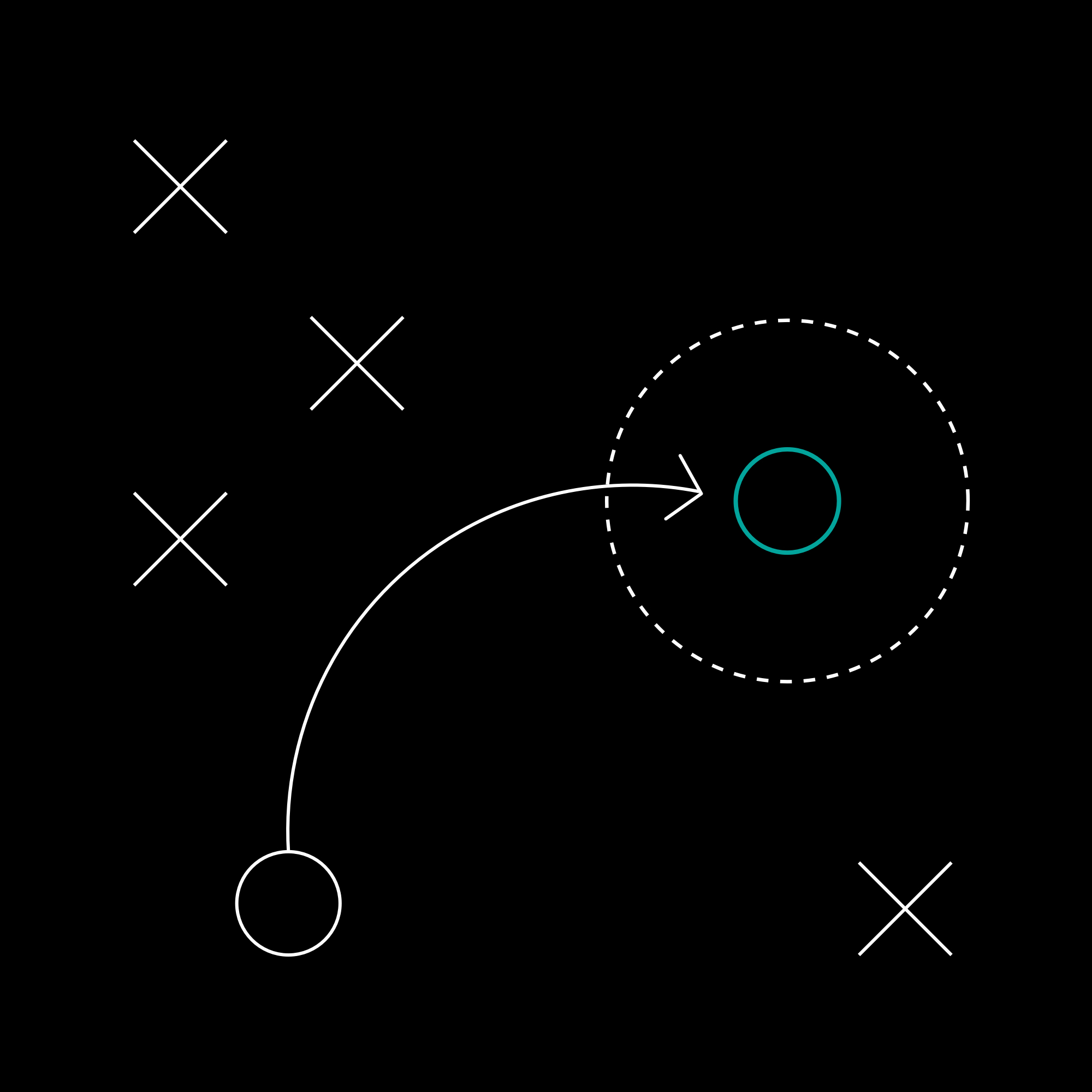FAQs
Why is life cycle assessment important?
EXPLORE MORE FAQsDiscover the benefits of LCA and why Life Cycle Assessment is essential for businesses aiming to reduce environmental impact, cut costs, and drive innovation.
Ready to change sustainably?
What makes Life Cycle Assessment (LCA) a critical tool for businesses?
Life Cycle Assessment (LCA) provides a structured way to measure a product’s environmental impact across its entire life cycle. It helps businesses understand the true footprint of their operations, identify inefficiencies, and uncover opportunities for sustainability-driven growth. The benefits of LCA extend far beyond compliance – it’s a tool for strategic decision-making and long-term value creation.
Discover what LCA is, how it works, and why it matters for sustainability >
How does LCA contribute to cost reduction?
One of the key benefits of LCA is cost efficiency. By identifying energy-intensive processes, excessive waste, and supply chain inefficiencies, companies can reduce resource consumption and operational expenses. Small changes, such as switching to lower-impact materials or optimising transportation routes, can lead to substantial savings.
Why is LCA essential for regulatory compliance?
Governments worldwide are tightening sustainability regulations, and businesses that fail to meet environmental standards risk penalties or exclusion from markets. LCA supports compliance with frameworks like the EU Taxonomy, ISO 14044, and emerging Australian sustainability reporting standards, ensuring companies stay ahead of regulatory changes.
How does LCA help businesses gain a competitive edge?
Consumers and investors increasingly favour brands that prioritise sustainability. An LCA-backed Environmental Product Declaration (EPD) enhances transparency and trust, giving companies a competitive advantage. It allows businesses to differentiate their products by showcasing verified environmental performance.
What role does LCA play in carbon footprint reduction?
LCA provides detailed data on carbon emissions at each life cycle stage, helping businesses implement targeted carbon reduction strategies. By assessing Scope 1, 2, and 3 emissions, companies can set realistic Net Zero goals and track progress with precision.
Can LCA drive product innovation?
Absolutely. The benefits of LCA include uncovering insights that lead to smarter product design. By understanding material impacts and end-of-life scenarios, businesses can develop more sustainable alternatives, such as recyclable packaging or energy-efficient appliances.
How does LCA support supply chain sustainability?
Modern supply chains are complex, and LCA helps businesses evaluate the environmental impact of suppliers, materials, and logistics. This enables better sourcing decisions, stronger supplier partnerships, and improved sustainability throughout the value chain.
Is LCA only for large corporations?
Not at all. Whether you’re a startup, SME, or multinational, LCA is scalable to your business needs. Even small assessments can reveal impactful sustainability improvements, making it a valuable tool for organisations of all sizes.
What industries benefit the most from LCA?
LCA is widely used across industries, including construction, manufacturing, food production, and consumer goods. Any sector looking to reduce its environmental footprint, enhance efficiency, or meet sustainability targets can benefit from LCA insights.
How can businesses get started with LCA?
Partnering with sustainability experts ensures accurate data collection, interpretation, and actionable insights. Whether conducting a cradle-to-gate or cradle-to-grave analysis, an LCA can be tailored to align with business goals and industry standards.
Need more guidance?
If you have additional questions about collecting and using carbon footprint data, our team at C6 ESG is here to help. We help Australian businesses reduce emissions and achieve their sustainability objectives. Contact us to book a half-hour discovery session to find out how we can help your business thrive in a net zero world.
Explore more FAQs on life cycle assessment
Ready to change sustainably?
Book a half-hour discovery session now to find out how we can help your business thrive in a net zero world.
Get Started
